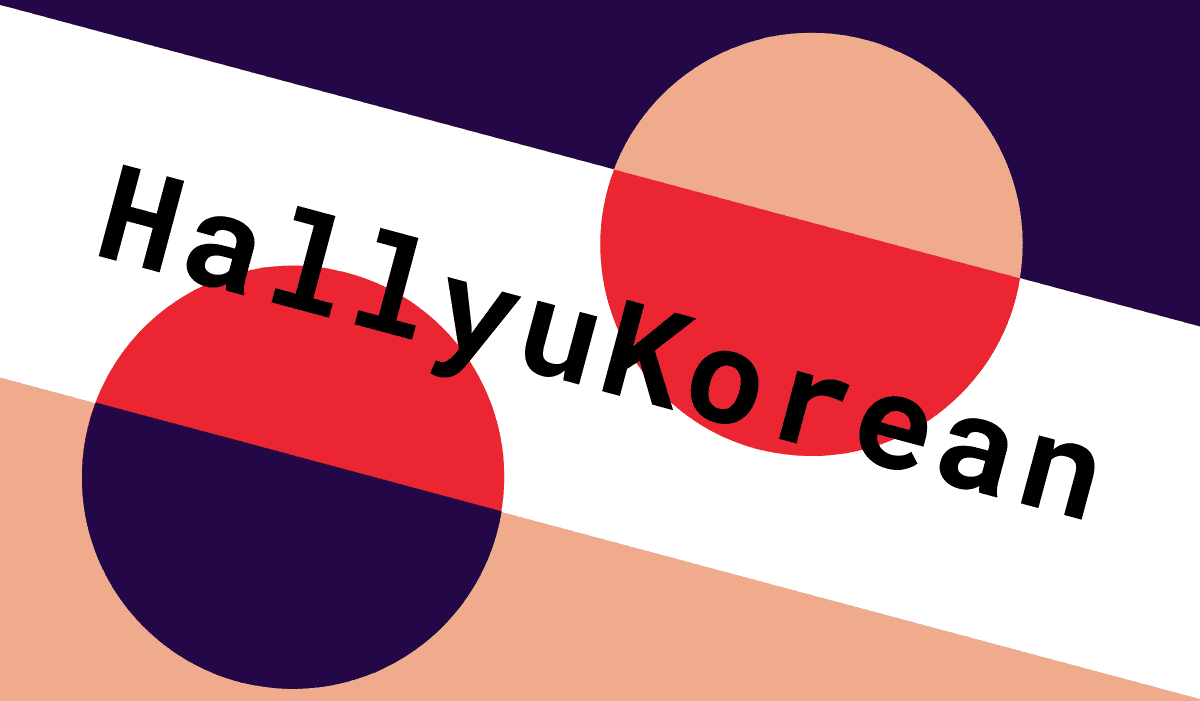Korean words for go, come, meet, leave, wait : 가다, 오다, 만나다, 만남, 떠나다, 이별, 기다리다
Let’s learn Korean words for go, come, meet, leave, wait with BLACKPINK lyrics.
Click the play button below to listen to all the BLACKPINK lyrics used in this post.
가다 [ga-da] to go
은하수로 춤추러 갈래
eu-na-su-ro chum-chu-reo gal-lae
I wanna go dance under the milky way
*은하수(the milky way) + 로(towards) +
춤추러 갈래(춤추다(dance) + ~러 가다(go (to somewhere) to do the verb) + ~ㄹ래(would like to))
(*Verb stem + ~(으)러 가다 means to go (to somewhere) to do the verb.
Verb stem + ~(으)러 오다 means to come (to somewhere) to do the verb.
~ㄹ/을래(요) can be used to indicate that the speaker wants to do something.)
오다 [o-da] to come
봄은 오지만 우린 bye bye bye
bo-meun o-ji-man u-rin bye bye bye
Spring comes but we say bye, bye, bye
*봄(spring) + 은(topic particle) +
오지만(오다(come) + 지만(but)) +
우린(우리(we) + 는(topic particle), =우린) +
bye bye bye
만나다 [man-na-da] to meet
처음 만났을 때는 그때잖아
cheo-eum man-na-sseul ttae-neun geu-ttae-ja-na
That’s when we first met
*처음(first) +
만났을 때는(만났다(met) + 을 때(when) + 는(topic particle)) +
그때잖아(그(that) + 때(time) + 잖아(as you know))
(*때 means time and ‘~ㄹ/을 때’ indicates a specific moment when something happens.
Sometimes 때 means dirt, dead skin.
~잖아(요) reminds the listener of something or rebukes the listener indirectly.
~잖아(요) is the same as ‘as you know’, ‘didn’t I say that~’ in English.)
만남 [man-nam] meeting
말도 안 되는 너와 나의 첫 만남
mal-do an doe-neun neo-wa na-ui cheot man-nam
Our first meeting was ridiculous
*말(word) + 도(too) +
안(not) +
되는(되다(be) + 는(noun modifier) +
너(you) + 와(with) +
나(I) + 의(of) +
첫(first) + 만남(meeting)
(*말도 안 되다 [말도 안 돼] actually means that something is so unbelievable that there is no point in talking about it.)
떠나다 [tteo-na-da] to leave
내 맘과 같다면 오늘은 떠나지 마
nae mam-gwa gat-da-myeon o-neu-reun tteo-na-ji ma
If you feel the same way, don’t leave today
*내(나(I) + 의(of), =내) +
맘(heart) + 과(with) +
같다(be same) + 면(if) +
오늘(today) + 은(topic particle) +
떠나지마(떠나다(leave) + ~지마(don’t))
이별 [i-byeol] parting, separation
만남, 설렘, 감동 뒤엔 이별, 눈물, 후회, 그리움
man-nam, seol-lem, gam-dong dwi-en i-byeol, nun-mul, hu-hoe, geu-ri-um
Meeting, excitement, impressions, and then separation, tears, regret, longing
만남(meeting) +
설렘(excitement) +
감동(impression) +
뒤엔(뒤(behind) + 에(at) + 는(topic particle), =뒤엔) +
이별(separation) +
눈물(tear) +
후회(regret) +
그리움(longing)
기다리다 [gi-da-ri-da] to wait
아무리 기다려도 넌 오질 않아
a-mu-ri gi-da-ryeo-do neon o-jil a-na
No matter how long I wait, you don’t come
*아무리(no matter how) +
기다려도(기다리다(wait) + 아/어도(even if)) +
넌(너(you) + 는(topic particle), =넌) +
오질 않아(오다(come) + ~지 않다(don’t))
(*Verb[adjective] stem + ~지 않다 : don’t, can’t)
Grammar Reference
*Noun + 로/으로 : with [towards, to, by, through] noun
ex)은하수로 : 은하수(the milky way) + 로(towards)
으로 for nouns ending in a consonant, 로 for nouns ending in a vowel.
*Noun + ~와/과 : with, and
ex)너와 나 : 너(you) + 와(with) + 나(I)
맘과 : 맘(heart) + 과(and)
과 for nouns ending in a consonant, 와 for nouns ending in a vowel.
*Verb stem + ~지 마(요/세요) : don’t (negative commands)
ex)떠나지마 : 떠나다(leave) + ~지마(don’t)
Verb stem + ~지 마세요 : please don’t
~지 마(요/세요) (-ji ma(yo/seyo)) is the grammatical structure used to tell someone not to do something.
*Tense
*Present tense : Adjective/verb stem + ~아/어/해요
*Past tense : Adjective/verb stem + ~았/었/했어요
*Future tense : Adjective/verb stem + ~(으)ㄹ 거예요 / ~ㄹ 게요/ ~겠어요
The basic way to get the verb/adjective stem is to remove 다 from the verb/adjective.
If there is a vowel ㅏ or ㅗ on the final syllable of the adjective/verb stem, 아요(present tense), 았어요(past tense), 을 거예요(future tense) is used.
If there is a vowel other than ㅏ or ㅗ on the final syllable of the adjective/verb, 어요(present tense), 었어요(past tense), ㄹ 거예요(future tense) is used.
Also, if there is 하다 in the adjective/verb, 하다 changes to 해요(present tense), 했어요(past tense), 할 거예요(future tense).
Below you can see the conjugation of 가다, 오다, 만나다, 떠나다 by tenses.
| Present tense | Past tense | Future tense | |
| 가다 | 가요 | 갔어요 | 갈 거예요 |
| 오다 | 와요 | 왔어요 | 올 거예요 |
| 만나다 | 만나요 | 만났어요 | 만날 거예요 |
| 떠나다 | 떠나요 | 떠났어요 | 떠날 거예요 |
*Speech levels
The three most commonly used Korean speech levels are 합쇼체 (formal polite), 해요체 (informal polite) and 해체 (informal plain).
*The formal polite style : Adjective/verb stem + ~(스)ㅂ니다
~(스)ㅂ니다 is used more in formal or public situations including the military, news, reporting presentations, meetings and lectures. It’s mainly used to address large gatherings or people you don’t know personally.
*The informal polite style : Adjective/verb stem + ~아/어/해요
~아/어/해요 is most commonly used in everyday life. Compared to the formal polite style, the informal polite style is softer and less formal, so it is mainly used among family members, friends, shopkeepers and other close acquaintances.
*The informal plain style : Adjective/verb stem + ~아/어/해
As for the informal plain style ~아/어/해, it is mainly used among friends from superiors to people of lower rank and among family members.
Below you can see the conjugation of 가다, 오다, 만나다, 떠나다 by speech levels.
| Formal polite | Informal polite | Informal plain | |
| 가다 | 갑니다 | 가요 | 가 |
| 오다 | 옵니다 | 와요 | 와 |
| 만나다 | 만납니다 | 만나요 | 만나 |
| 떠나다 | 떠납니다 | 떠나요 | 떠나 |

